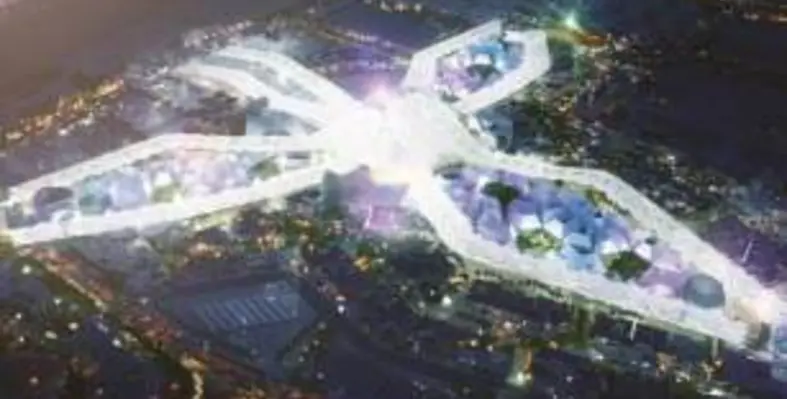The Dubai Ruler, Vice-President and Prime Minister of the UAE, HH Shaikh Mohammad Bin Rashid Al Maktoum approved the Government of Dubai?s 2018 General Budget Law No (21) for the year 2017 on Sunday, with a total of US$15.41bn earmarked for expenditure
A Gulf News report stated that featuring a 19.5 per cent year-on-year increase, the budget for the fiscal year 2018 comes in line with the Dubai Strategic Plan 2021?s targets.
The budget features a rise in infrastructure spending, which makes up 21 per cent of the total government expenditure. According to a statement from Dubai?s media office, this reflects the directives of Shaikh Mohammad to raise infrastructure efficiency in Dubai.
?Over the coming years, Dubai Government actively seeks to improve public budget performance continuously, in order to achieve financial sustainability, fulfil the emirate?s commitments, and realise the strategic objectives of Dubai 2021 Plan,? said Abdul Rahman Saleh Al Saleh, director general, Dubai Government?s department of finance (DOF).
The 2018 budget has also shown the importance that the government gives to social services, including health care, education, culture and housing.
Despite this increase in spending, the government has managed to achieve financial sustainability by achieving an operating surplus of US$680mn, illustrating the breadth of the financial solvency of Dubai.
In line with Dubai?s efforts to reduce the emirate?s dependence of hydrocarbons, oil revenues represent 6 per cent of the total expected revenues for the fiscal year 2018.
On the revenue front, Dubai expects estimated public revenues of US$13.72bn, with a 12 per cent increase on this year.
Non-tax revenues (fees) represent 71 per cent, while tax revenues represent 21 per cent of the total 2018 projected revenues.
Revenues from government investments such as the Investment Corporation of Dubai (ICD), a sovereign wealth fund, represent two per cent.
The budget?s overall increase of 19.5 per cent can be explained by the renewed focus on the needs of Expo 2020, whose investment value is estimated at US$6.81bn, as well as the expansion of the Dubai Metro?s Route 2020, estimated at around US$2.89bn.
The statement from Dubai?s media office confirms that the DOF, Dubai?s finance department, has reached the final stage of a US$1.5bn financing agreement based on the export credit guarantee system.
Infrastructure allocation increased by 46.5 per cent on the fiscal year 2017, making up 21 per cent of total government expenditure.
This reflects the emirate?s keen efforts to implement the Expo 2020 projects according to a well-studied schedule, that includes the main expo building, and the supporting service projects, such as roads, bridges, sewage, transport and metro lines, as well as work to prepare the entire area for post-expo events and supporting events tourism.
The statement added that Dubai has been focusing its attention on the economy, infrastructure, and transport sectors as an integrated sector that it is seeking to develop continuously. Expo 2020 was a major driver of accelerated growth in this sector, which makes up 43 per cent of the 2018 total spending. The statement from Dubai?s media office refers to the allocation of US$1.36bn to Expo 2020 projects as a signal for how serious Dubai is in addressing its future commitments.
?The Expo presents challenges that require us to focus on availing construction expenses needed for the mega infrastructure projects related to Expo 2020 Dubai. Such projects will only benefit the success of the huge international expo upon launching in three years, but is also expected to serve the emirate for decades to come, especially in light of Dubai?s noticeable urban expansion towards the Expo project area,? Al Saleh said.
In an effort by the government to provide job opportunities, the public budget offered more than 3,100 jobs, with salaries and wages amounting to 30 per cent of the total government spending in 2018. Moreover, salaries and wages saw a 10 per cent increase compared to 2017.
The expenditure on social development sector fields of health, education, housing, community development, and innovation represents 33 per cent of the total government spending.
Elsewhere, the government allocated 16 per cent of total spending to the security, justice and safety sector, in order to develop it, and enable it to play its vital role.








